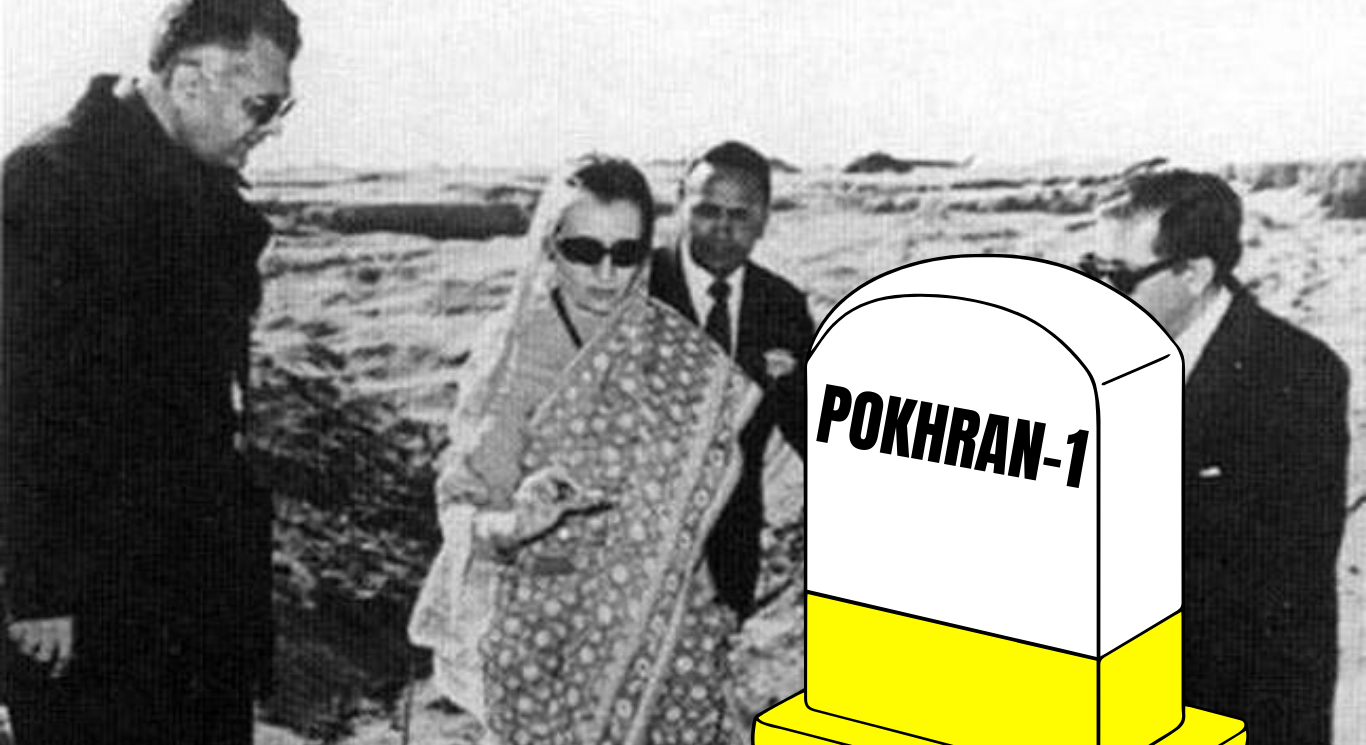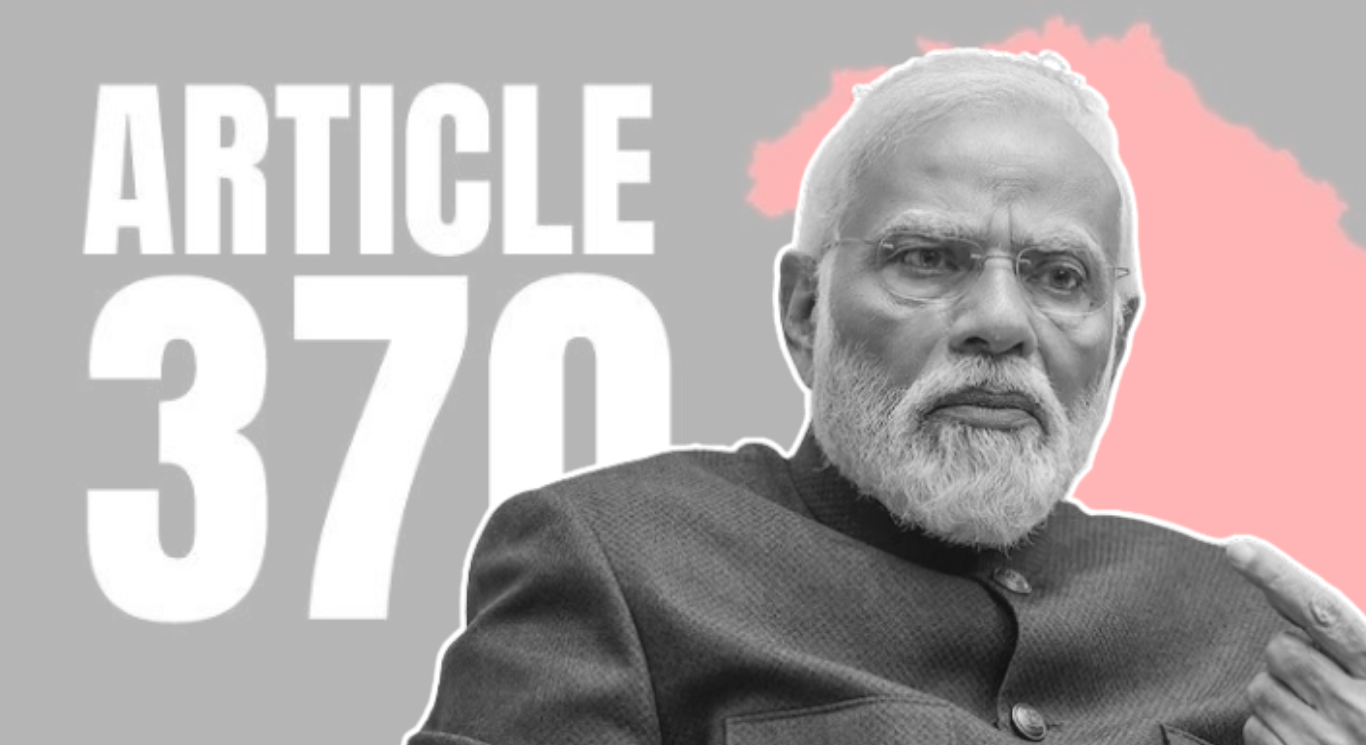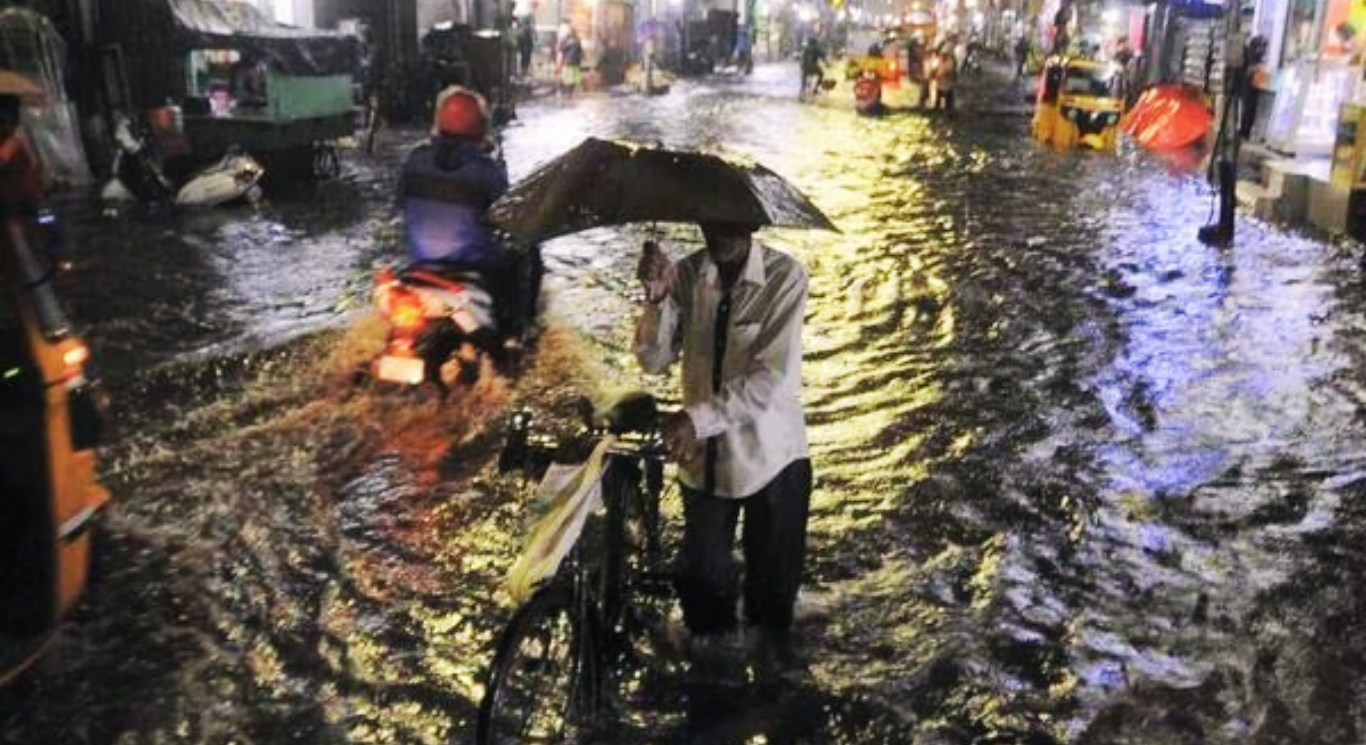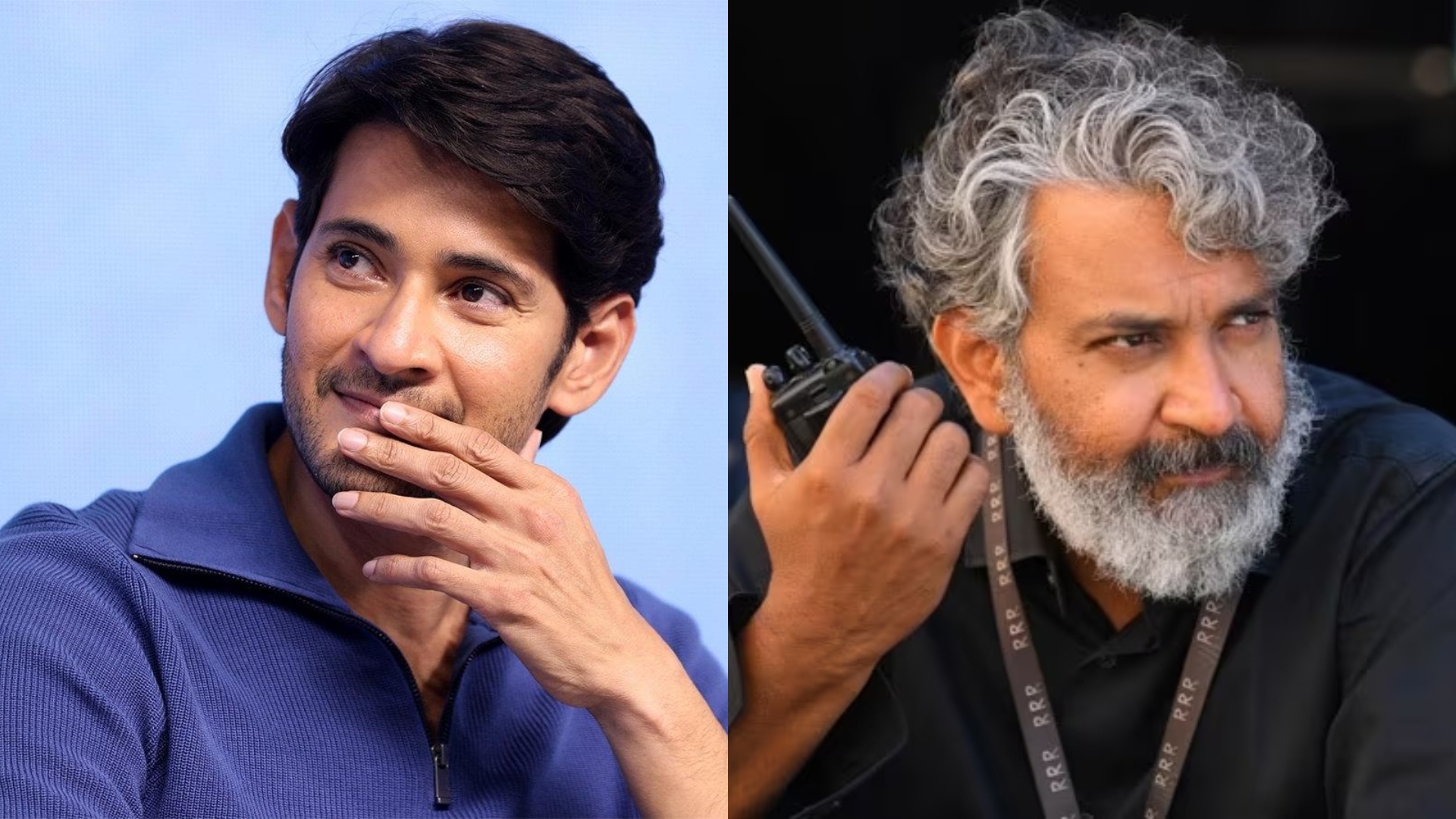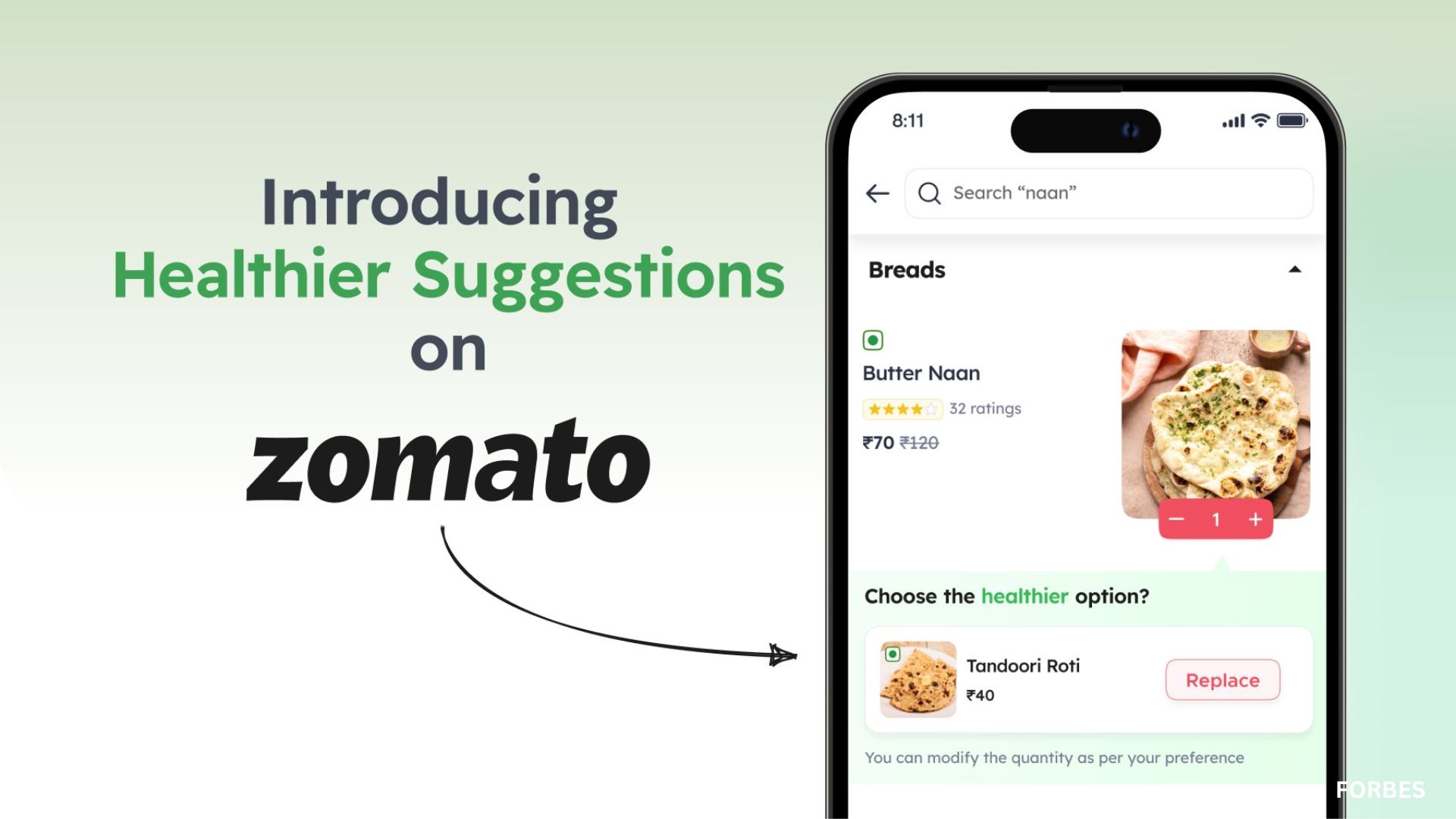



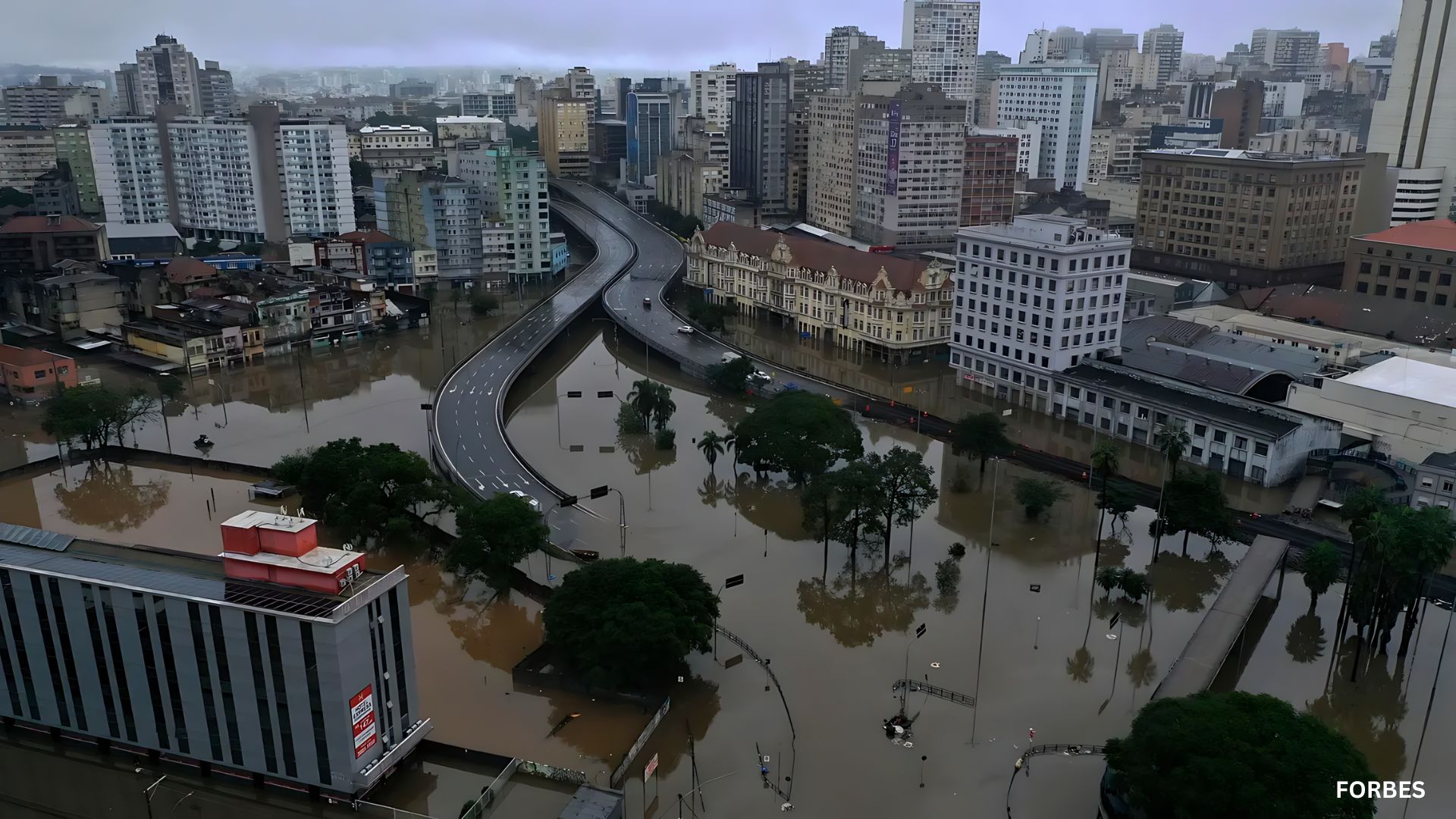
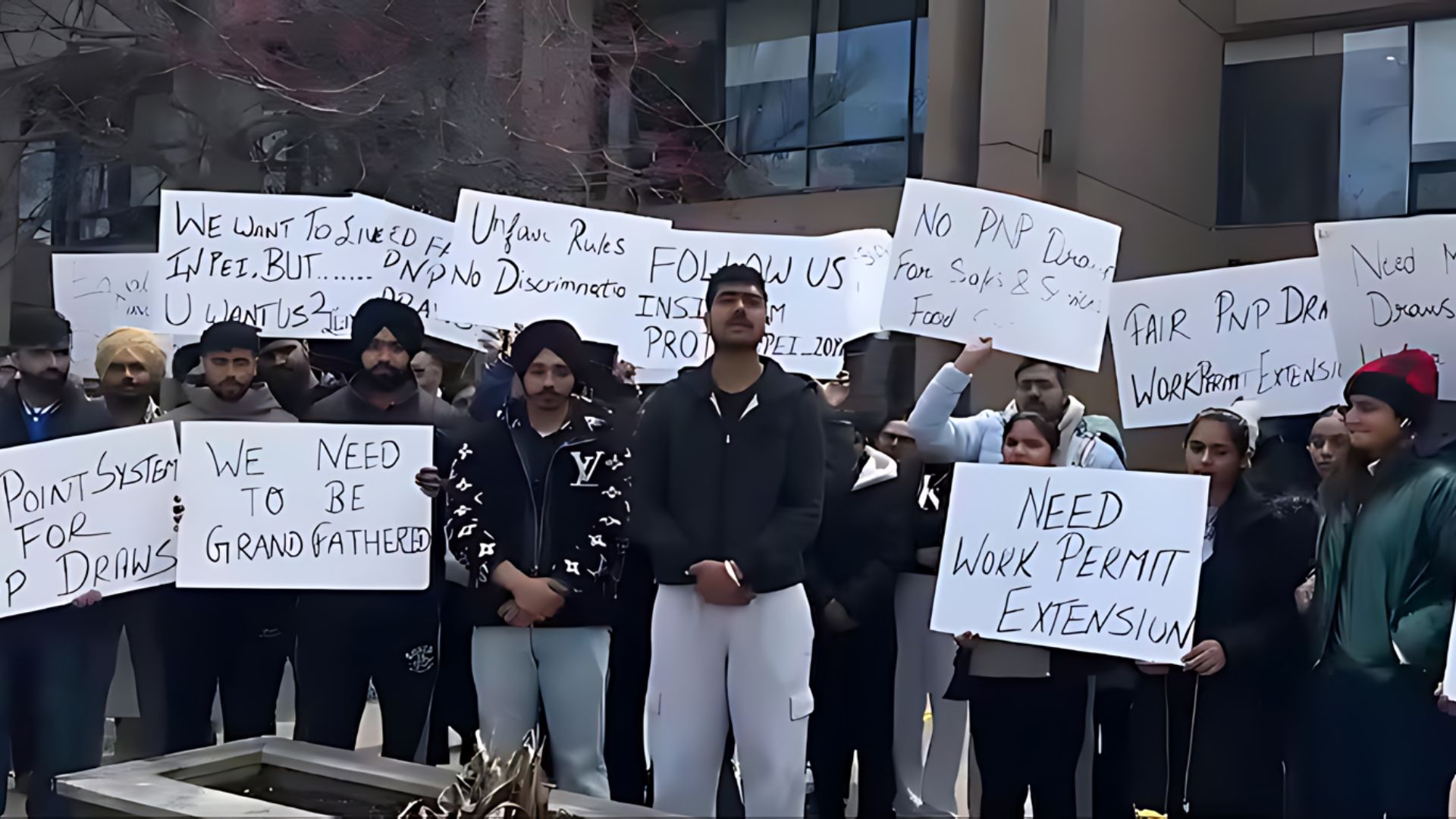
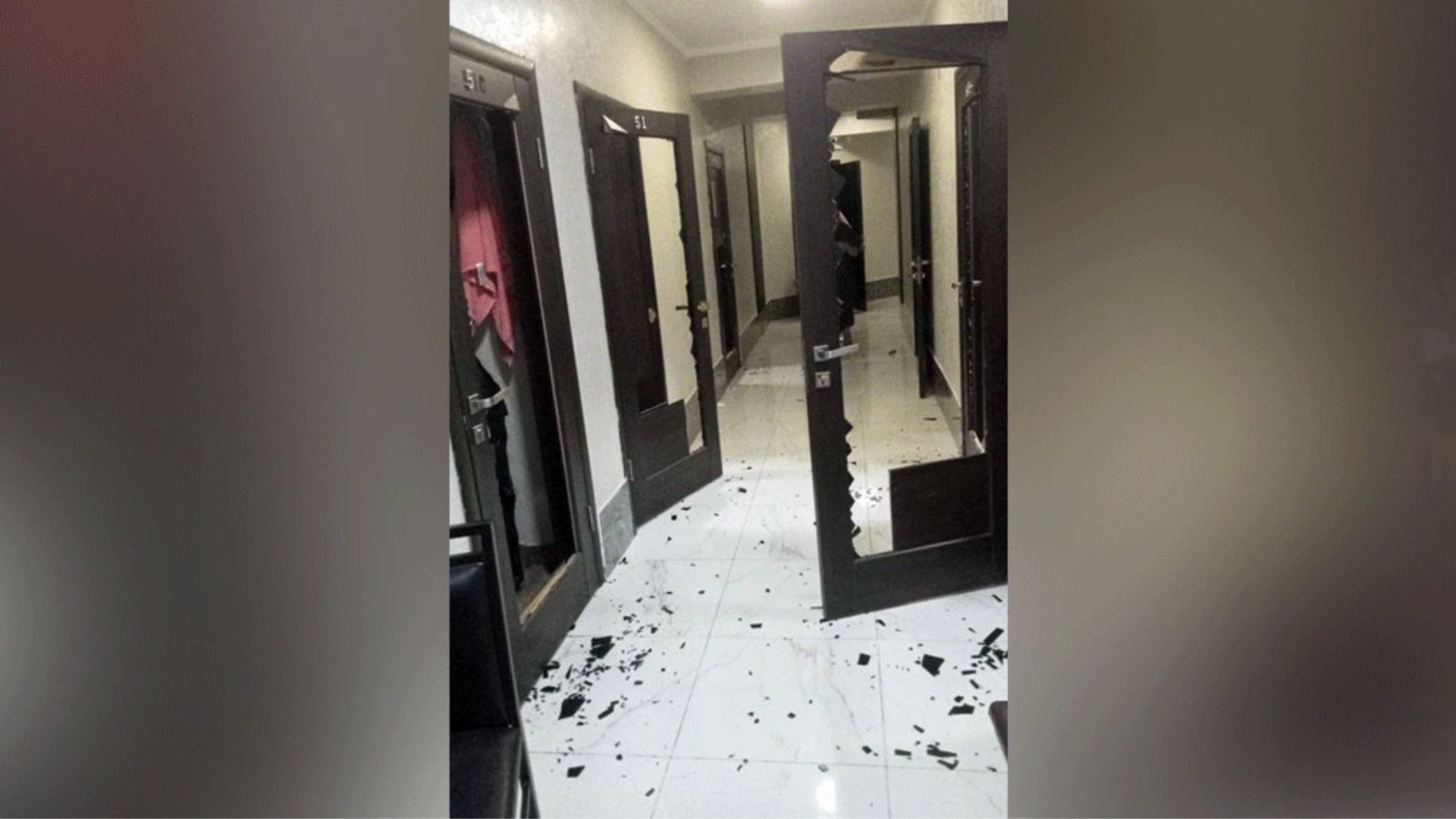
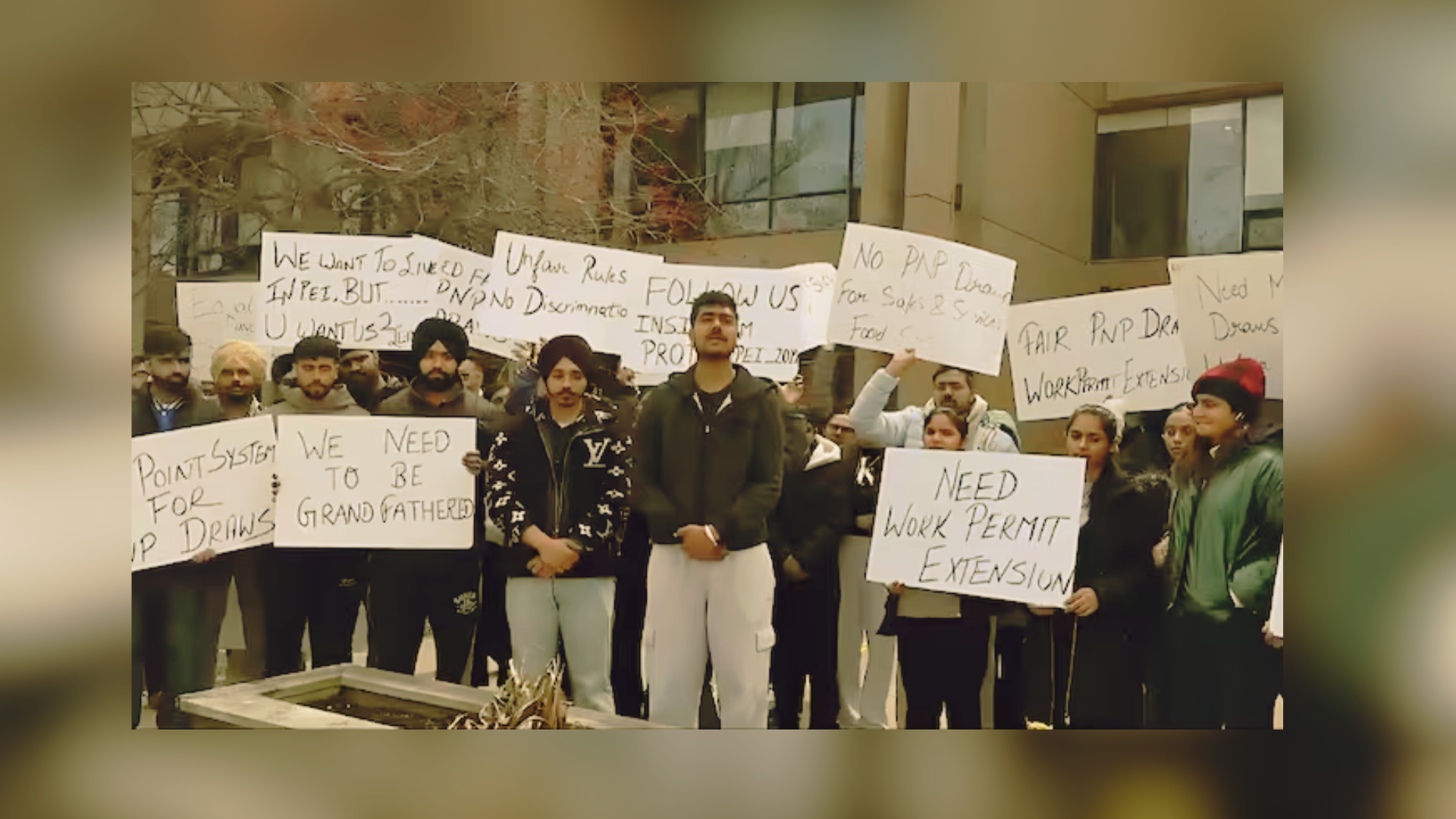

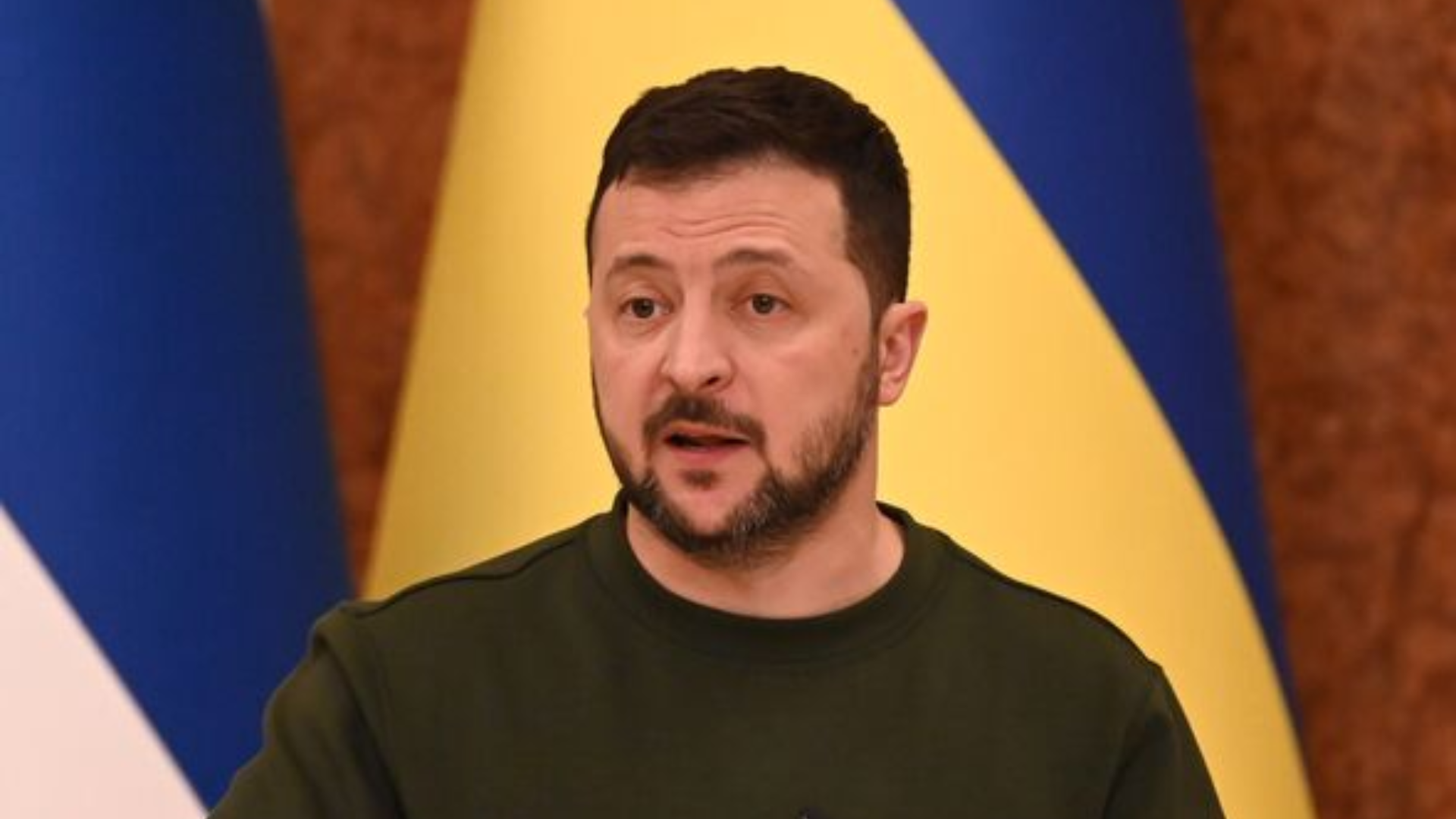
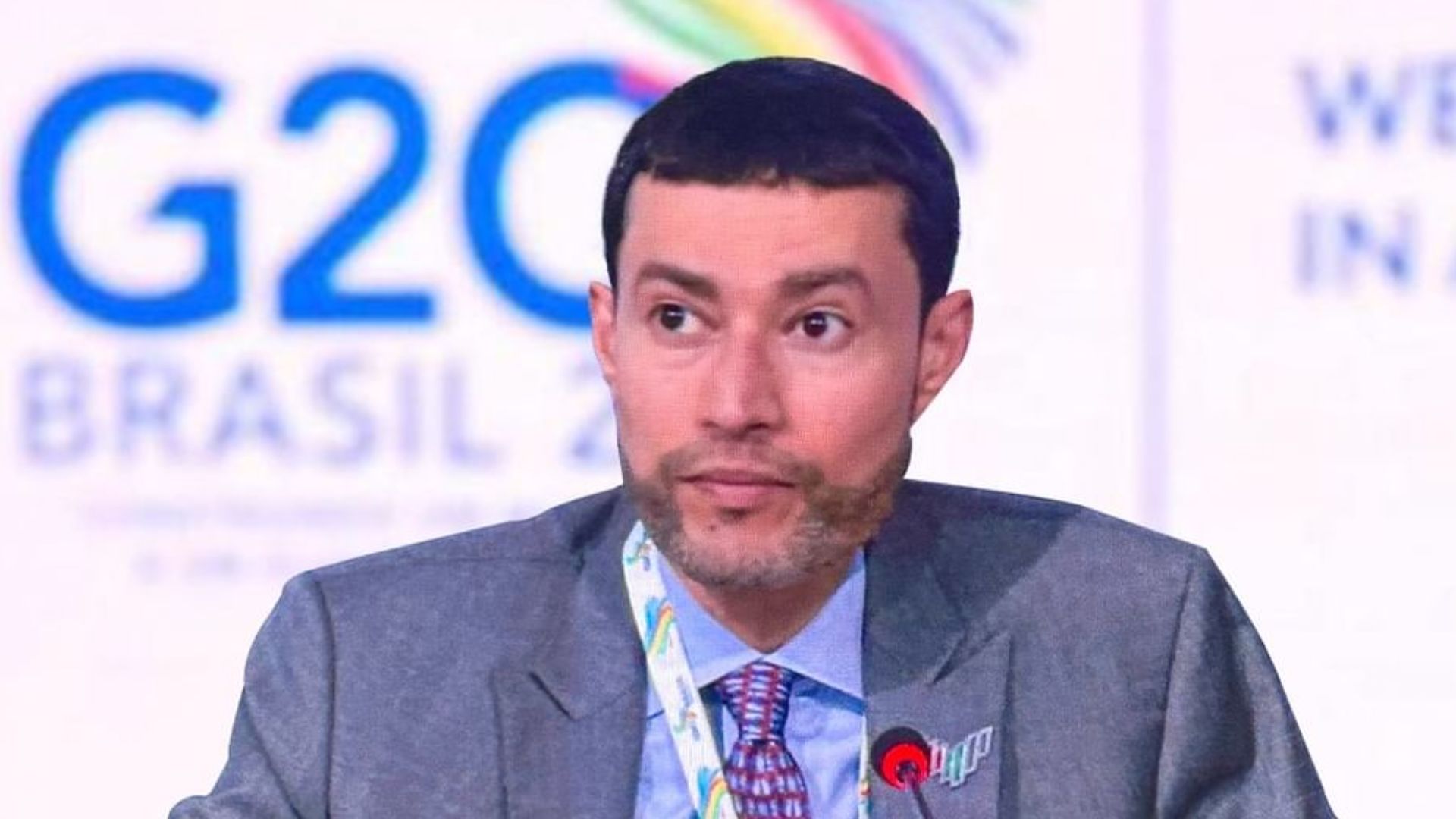
As the host nation for the 13th World Trade Organization Ministerial Conference (WTO MC13), the United Arab Emirates (UAE) has revealed their intentions to create the Trade for Development platform. This technical assistance program will include a range of free online tools that will help policymakers, trade officials, and negotiators from developing and least developed countries improve their ability to participate in the intricate and highly technical process of trade negotiations. In its capacity as the host country for MC13, the UAE has made a strong commitment to inclusive trade, enabling developing countries to more easily access and participate in the global trading system. This is reflected in the new platform.
Eight WTO members—Ethiopia, Mozambique, Antigua and Barbuda, Azerbaijan, Uzbekistan, Comoros, Kyrgyzstan, and Barbados—will receive the platform, the UAE announced during the Ministerial. Lack of technical capacity and expertise required throughout the extremely complex process, from developing feasibility studies and economic modeling to developing trade policies and negotiating free trade agreements, is a major obstacle facing developing countries and least developed countries (LDCs) as they attempt to drive economic growth through increased bilateral trade with regional and global partners.
The Trade for Development platform will include a virtual library of content from global trade and policy experts, covering a wide range of topics typically found in a trade agreement. This platform is part of a larger set of initiatives intended to support sustainable development and inclusive trade that are expected to be launched during MC13. The platform will function as a constant resource that officials in developing nations can utilize while formulating trade policies and negotiating trade agreements. To help developing country officials create sustainable and mutually beneficial trade agreements, the audio-visual content will be augmented by analytical studies, economic modeling, trade agreement implementation plans, and a plethora of other best practice tools.
Ahmed Ali Al Sayegh, Minister of State, said, “The United Arab Emirates, under the vision and guidance of its wise leadership, is keen to transfer its successful experiences to various countries of the world.” He emphasised the UAE’s role as an active and influential member of the international community, and its continuous efforts to enhance international cooperation for comprehensive development and sustainable growth.




